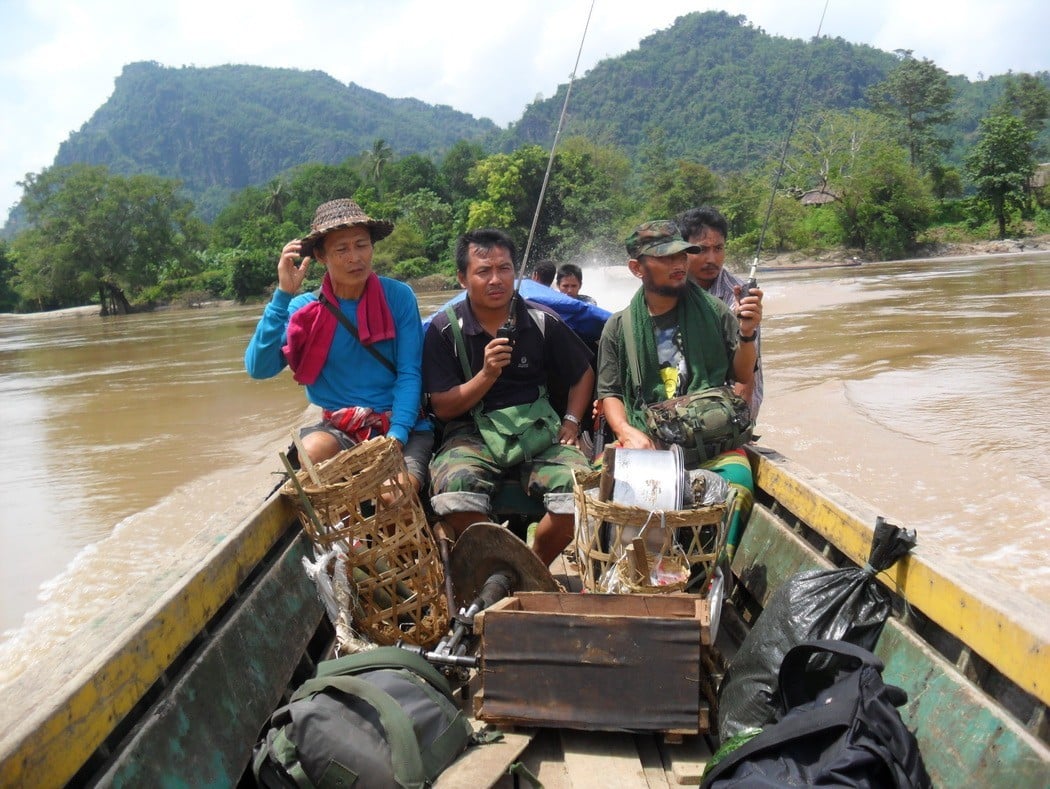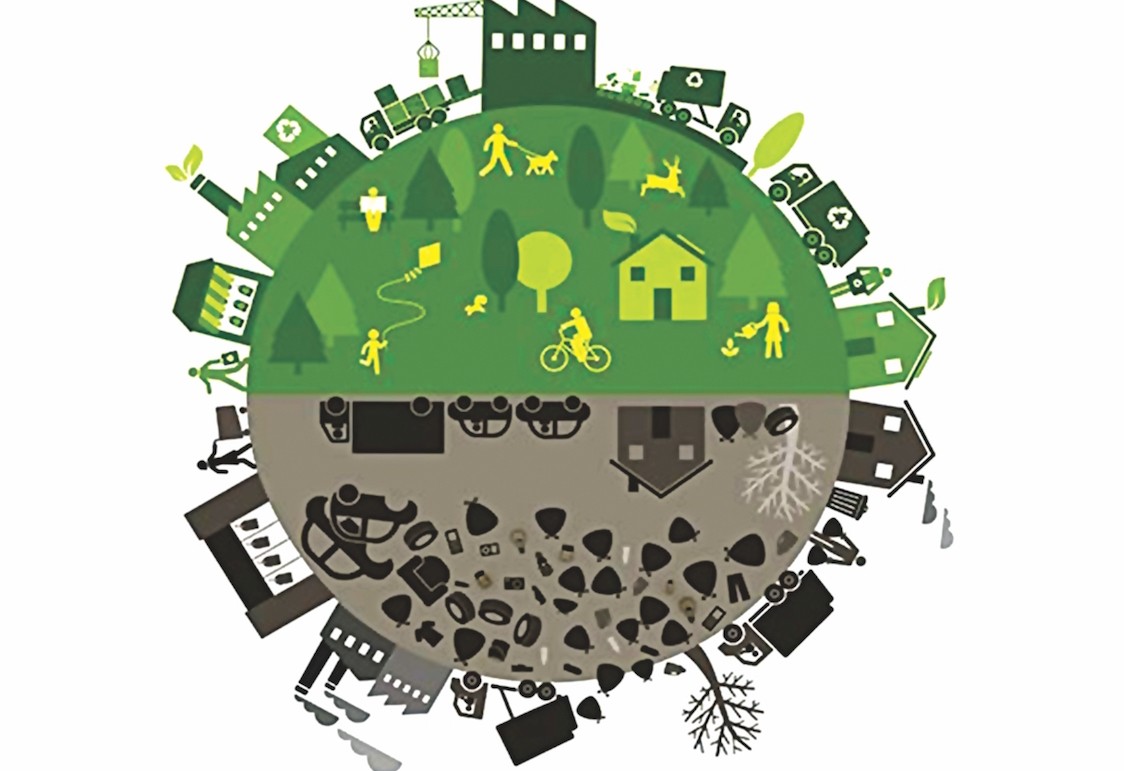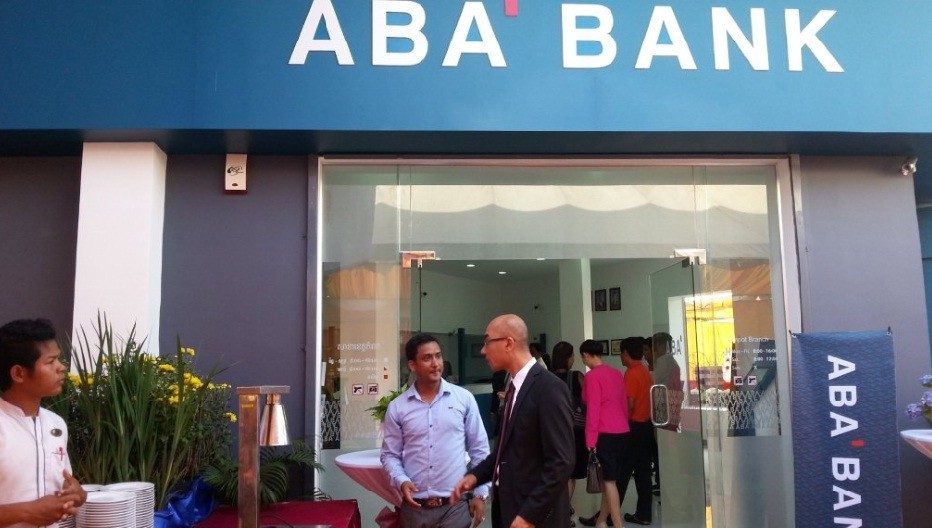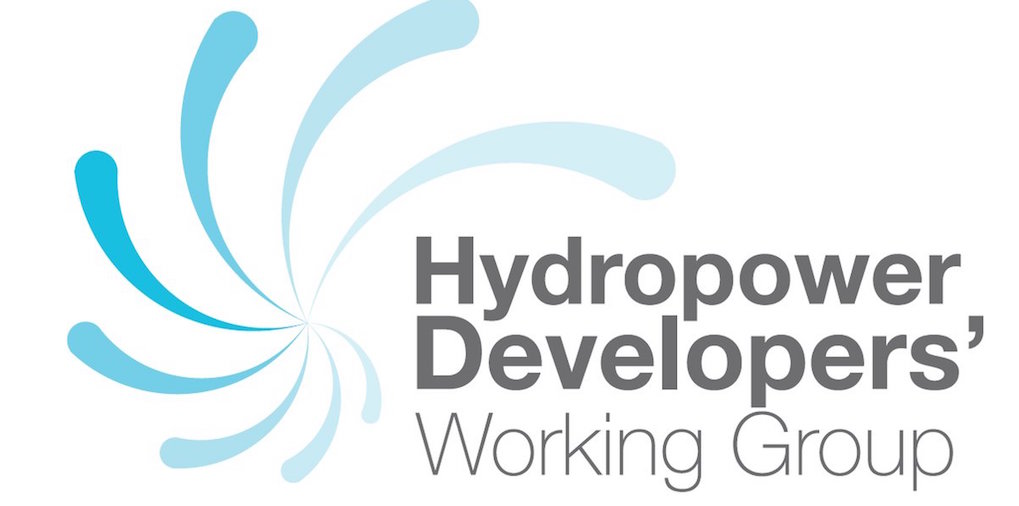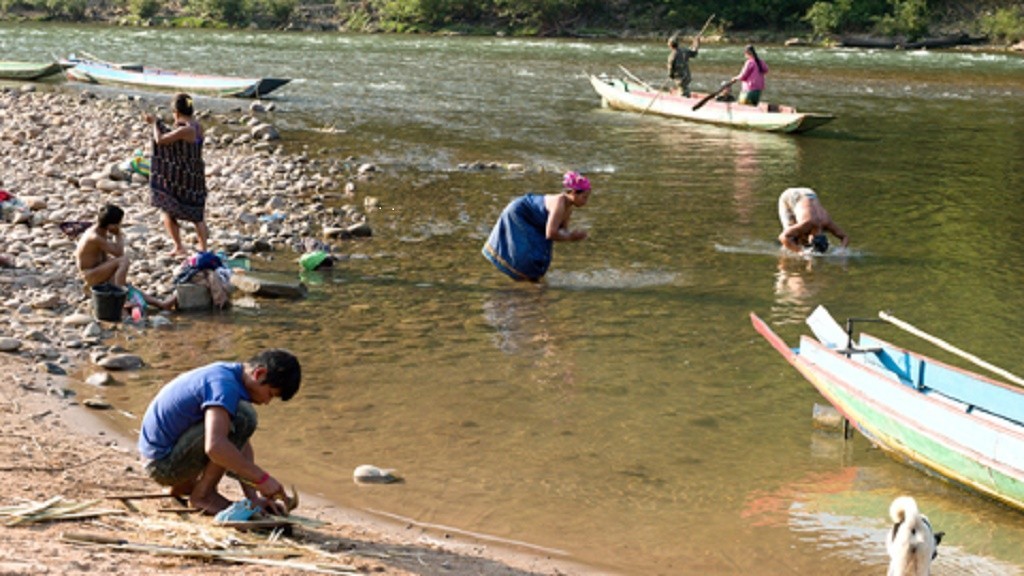In recent weeks, violent clashes in Kayin State have further disrupted Myanmar’s fragile peace process. Fighting between the Democratic Karen Buddhist Army (DKBA) and the government-sponsored Border Guard Force (BGF) in Mae Tha Waw areas of Hlaingbwe township, and more recently near Kawkareik township, has displaced over a thousand people. Entire families have fled their homes and are left stranded with limited access to food and assistance, producing nothing short of a humanitarian crisis. Across the border in Thailand, nearly 60,000 people remain in refugee camps, having fled ongoing conflict over the past two decades.
Tag: IFC
Lending loopholes expose World Bank to indirectly financing ‘coal boom’ in Asia
The lending arm of the World Bank is providing loans to institutions that finance the development of coal-based power projects, according to a new report. The projects not only pose an environmental risk to the planet, locally they destroy homes and displace communities. The loans subvert strong warnings from the head of the World Bank that expanding coal in Asia is a dangerous proposition.
What’s the Deal with “Sustainable Banking”?
Citizens in the Mekong region are increasingly hearing about “sustainable banking,” mostly associated with infrastructure and energy projects. It means regional banks, slow to commit to sustainability, are increasingly considering more responsible ways of doing business.
Cambodia recently joined Thailand, Laos, Vietnam, China and 20 other emerging market economies in committing to better environmental and social risk management practices under the International Finance Corporation’s (World Bank Group) Sustainable Banking Network. And just this week, the Association of Banks in Cambodia (ABC) announced an initiative promising to work toward sustainable banking principles for Cambodia, “as ways to mitigate the damage associated with infrastructure, energy and large scale agribusiness projects.”
Banking with a positive spin
A banking sector initiative launched yesterday aims to advise Cambodia’s financial sector on best practices for sustainable lending while capitalising on the growing pool of international funds that could flow into green and socially responsible projects.
The Sustainable Finance Initiative will conduct two years of research to identify best practices that can be applied by financial institutions when formulating their lending policies, such as ways to mitigate the damage associated with infrastructure, energy and large-scale agribusiness projects.
Banks Commit to Sustainable Finance
Banks in Cambodia will strive to improve sustainability, and integrate environmental and social safeguards into future business decisions, the Association of Banks of Cambodia (ABC) announced yesterday.
At a ceremony at the Himawari Hotel in Phnom Penh, ABC acting chairman Charles Vann said the association was committed to improving the banking sector.
IFC and Private Sector Launch Working Group to Drive Change in Myanmar Hydropower Sector
IFC, a member of the World Bank Group, and the private sector launched the first working group for Myanmar’s hydropower sector. The Hydropower Developers’ Working Group (HDWG), first established in Lao PDR in late-2013, is the only platform exclusively for hydropower companies and industry-related professionals to influence policy and identify solutions to improve upon sustainability and business operations in Myanmar.
Over 100 stakeholders from Myanmar’s hydropower sector including companies, civil society organizations, financial institutions and government officials attended the working group’s first General Forum today in Yangon. The interim executive committee presented the working group’s agenda focusing on strengthening private sector relations with the government and highlighting the best practices and policies needed to develop projects sustainably. The committee comprises local and international hydropower companies and consultants operating in Myanmar.
WB, Singapore-based fund invest in Vietnam’s hydropower
IFC and Armstrong, with a combined stake of 36 percent, will take a 16 and 20 percent equity stake in GEC, respectively. For both it is their first investment in Vietnam’s power sector. The investment will help the company expand its hydropower portfolio and invest in other renewable energy segments, such as wind and solar power.
Based in the Central Highland province of Pleiku, GEC joined the Thanh Thanh Cong Group in 2013. With charter capital of 715 billion VND (34 million USD), GEC was one of the largest private sector hydropower players in Vietnam, with 84.4 MW of installed capacity across 15 run-of-the-river small-scale hydro power plants.
PR: Promoting ‘Smart Development’ in the Mekong Region
Over 300 million people inhabit the Greater Mekong Subregion. For the majority of this population, the river’s vast ecological system is their main market place, since they rely on it for food security, trade, transport, and their livelihoods. As the region’s water resources continue to be developed by the hydropower sector, encouraging sustainable growth is vital. In river basins where multiple projects are planned, companies should consider working together to address the cumulative impacts that are likely to result.


